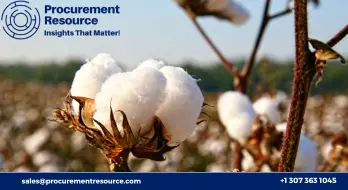Australia has made a distressing announcement for Kuwait’s sheep trade, with plans to end live exports by 2028
.webp)
Australia's long-standing role in supplying live sheep to Kuwait, built over five decades, is undergoing a significant shift with the Albanese government's decision to phase out live exports by 2028 (the term "Albanese government" specifically refers to the current administration led by Prime Minister Anthony Albanese). This move marks a pivotal change for Middle Eastern markets, especially Kuwait, where live Australian sheep have been in high demand due to the quality, disease control, and efficiency associated with Australian livestock. With exports of boxed and frozen meat suggested as alternatives by the Australian government, concerns arise over meeting local consumer preferences, as the region traditionally favors fresh meat and not the frozen ones.
Kuwait’s key livestock importers have expressed concerns about maintaining supply and controlling costs, fearing that limited options may drive up prices and impact food security, especially for countries with limited resources to absorb rising costs. Although alternative sources, like South Africa, have been explored to fill the gap, their supply levels and infrastructure may not match Australia’s scale or quality, potentially destabilizing established trade flows.
The Australian government is prioritizing animal welfare as the driving rationale behind ending live exports, yet stakeholders argue that Australia's withdrawal might reduce global welfare standards since it sets a high benchmark in animal care. There is also concern over the extensive investments made by Middle Eastern importers to meet Australia’s specific livestock standards, which could render existing infrastructure less effective.

.webp)

